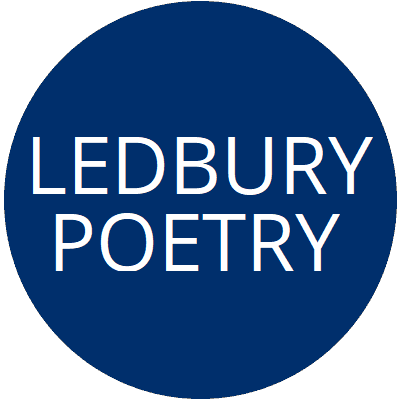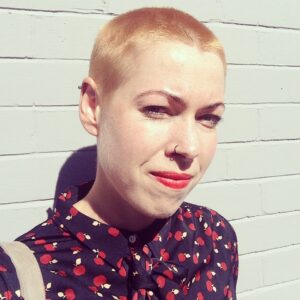Versopolis is a celebration of Emerging European Poets. This year the event, on Sunday 9 July, will feature Tiziano Fratus (Italy), Charlotte Van den Broeck (Belgium), Nikolina Andova (Macedonia), Veronika Dintinjana (Slovenia), Yekta (France), Kayo Chingonyo (UK) and Helen Mort (UK). Audience responses are overwhelmingly enthusiastic and this event has become a Festival highlight. One audience member wrote, “I loved this event, particularly after ‘Brexit’ alarmingly topical, great juxtaposition of ‘new’ European poets and younger British poets. I hope this is done every year now.”
Helen Mort has followed her prize-winning first collection Division Street with a series of narratives of Victorian and modern women called No Map Could Show Them. We meet mountaineers, campaigners, runners – within the pages of this bold and exhilarating collection, which considers, more broadly, the marks, narratives and pathways we leave, or don’t leave, behind us. She kicks off our interview series below:
If you could write poetry in another language, what would it be and why?
Sign-language. I’ve always wanted to learn and hope I can one day. Most of my writing seems to come from the body anyway (I get my ideas when I’m on the move, walking or running – the poem starts as a feeling rather than words) and it would be apt to try and express ideas through gesture in an incredibly succinct way.
If you could borrow one word from another language to use in your poetry what would it be?
I’ve already used this word in a poem, so I’m not sure if this is cheating, but when I was in Greenland last year I heard the expression ‘polynya’, which means a stretch of sea water surrounded by ice, a place that can never harden. It’s a mid 19th century Russian word and I just love that idea of a place that can never thaw because it was never ice. It seems so evocative to me and I wish it was part of my everyday vocabulary.
How does poetry allow you to be free?
It gives me the opportunity to say what I really mean in a way I’m totally ill-equipped to do in everyday life, in conversation with other people. Having the time and opportunity to express myself in that kind of considered manner is a freedom I hope I’ll never take for granted.
Do you think that poetry offers a medium to protest?
I was speaking to the German poet Ulrike Almut Sandig in April this year in Berlin and she made an important point about poetry as a form of response to political events and as a means of protest. She argued that even choosing to ignore something in your work is a political decision and I have to say I agree,
What is the value of the Versopolis project for you?
It’s an exciting opportunity to connect with new writers across the globe and reach different audiences.


